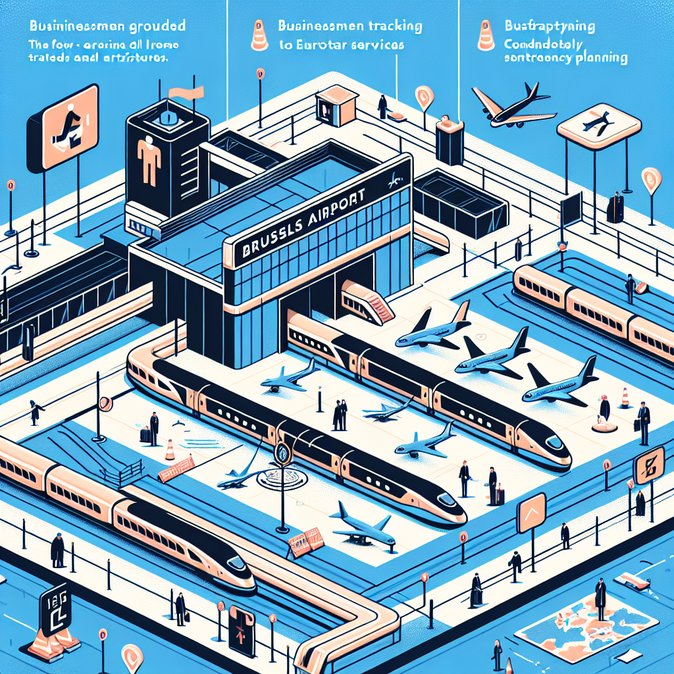
A nationwide strike by Belgian airport security and ground-handling staff on 26 November triggered the cancellation of every departing flight from Brussels Airport and more than half of its arrivals, while Brussels South Charleroi Airport shut down entirely. Airlines most affected include British Airways, easyJet, Ryanair and Brussels Airlines, with at least 30 UK-bound flights scrapped. Eurostar services between London, Brussels and Paris were also delayed or cancelled as rail workers joined the action.
The walkout, organised by the trade-union confederation ACV-CSC in protest against austerity measures, is the latest in a series of continental labour actions squeezing European aviation capacity. UK companies with operations in the Benelux region had to scramble for alternative routings via Amsterdam or Paris, but those airports were already busy due to diverted traffic. Some travellers opted for Eurotunnel or ferries, only to encounter further delays as port staff staged sympathy protests.
![Belgian national strike grounds flights and snarls Eurostar—UK business travellers face last-minute chaos]()
Travel-risk consultants note that the strike’s timing—mid-week and during budgeting season—heightened its impact on corporate road-warriors shuttling between head offices in London and EU hubs. Employers should review force-majeure clauses in travel insurance and remind staff of EU261 compensation rules, although strikes usually fall under the “extraordinary circumstances” exemption.
The disruption foreshadows wider challenges in 2026 when the EU’s Entry/Exit System (EES) and the UK’s ETA are both active, leaving little slack for re-routing mass cancellations. Building flexible travel policies and maintaining real-time communications channels with mobile employees will therefore be essential.
The walkout, organised by the trade-union confederation ACV-CSC in protest against austerity measures, is the latest in a series of continental labour actions squeezing European aviation capacity. UK companies with operations in the Benelux region had to scramble for alternative routings via Amsterdam or Paris, but those airports were already busy due to diverted traffic. Some travellers opted for Eurotunnel or ferries, only to encounter further delays as port staff staged sympathy protests.

Travel-risk consultants note that the strike’s timing—mid-week and during budgeting season—heightened its impact on corporate road-warriors shuttling between head offices in London and EU hubs. Employers should review force-majeure clauses in travel insurance and remind staff of EU261 compensation rules, although strikes usually fall under the “extraordinary circumstances” exemption.
The disruption foreshadows wider challenges in 2026 when the EU’s Entry/Exit System (EES) and the UK’s ETA are both active, leaving little slack for re-routing mass cancellations. Building flexible travel policies and maintaining real-time communications channels with mobile employees will therefore be essential.


